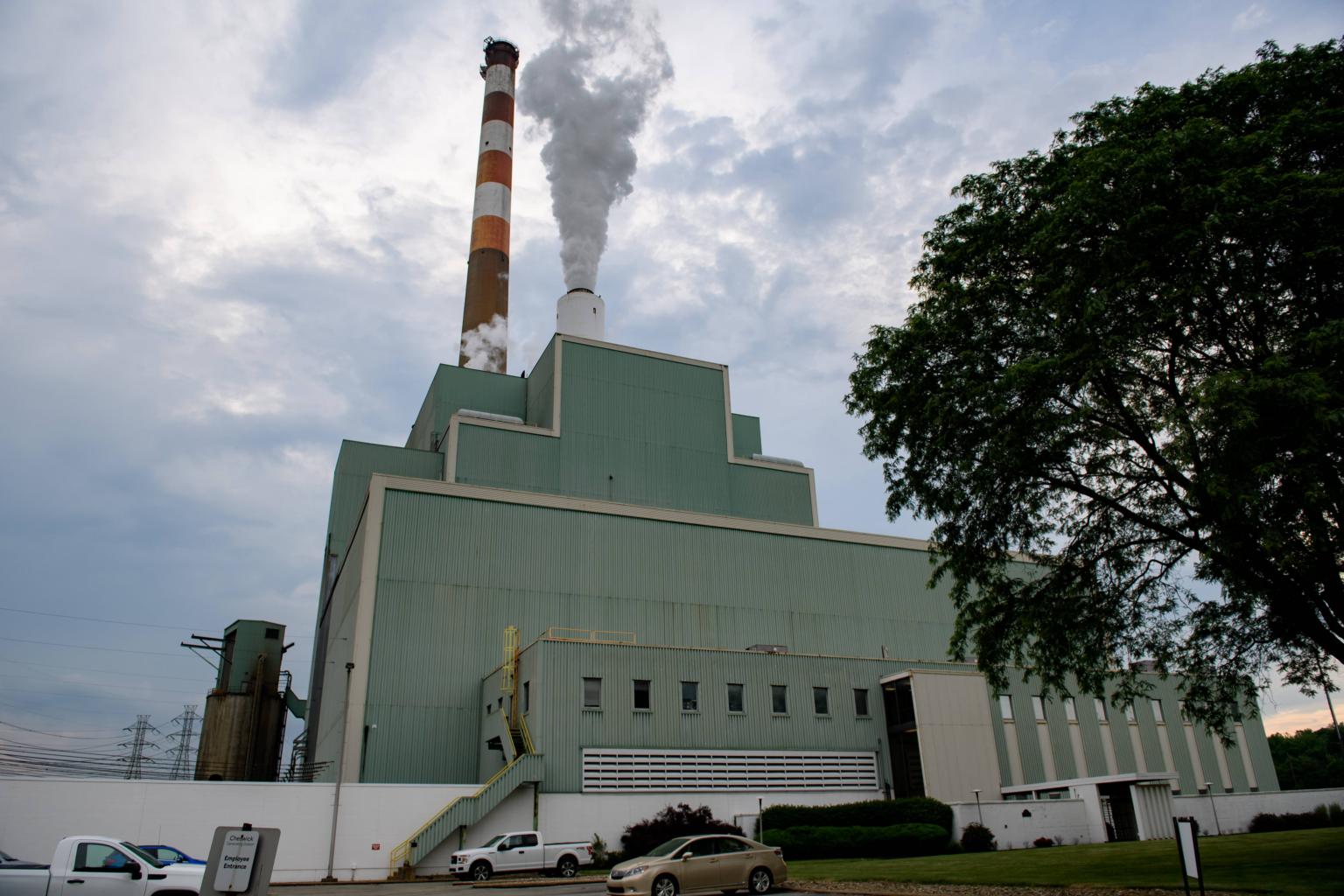US Democrats propose tax on carbon-intensive imports in budget
Sign up now: Get ST's newsletters delivered to your inbox

Interest in a tariff on carbon-intensive imports has gained ground in Washington and around the world.
PHOTO: AFP
Follow topic:
WASHINGTON (BLOOMBERG) - US Senate Democrats are moving to impose tariffs on carbon-intensive imports as a way to help pay for their tax-and-spending legislation, according to a person familiar with the plan on Wednesday (July 14).
The support comes the same day the EU introduced its own border adjustment blueprint, with a proposed import levy on steel, cement and aluminium produced in other countries with less-stringent environmental controls.
The EU hopes the tool, to be progressively phased in from 2023, will prompt producers of carbon-intensive goods in nations with weaker climate policies to adopt tougher measures to cut carbon dioxide emissions.
The measure is included in a US$3.5 trillion (S$4.75 trillion) budget blueprint developed by Senate Democrats as a way to advance major Biden administration policy initiatives, including addressing climate change, expanding Medicare and reforming immigration.
The plan also includes expanding tax credits for renewable energy and electric vehicles as well as the creation of a clean energy standard that could mandate utilities generate carbon-free power.
Senator Jeff Merkley of Oregon said in an interview on Wednesday that "there is a lot of support for this idea" of a border adjustment tax on high-carbon products.
The size and scale of the potential "polluter import fee", as it was described in a summary document, were not immediately clear. But the plan dovetails with efforts by other countries - including the European Union - to use trade policy as a tool for curbing greenhouse gas emissions globally.
Supporters of the tax include former Vice President Al Gore, who said in an interview on Wednesday with Bloomberg Television that a border adjustment tax was a "point of dialogue" between the European Union and the US.
"I'm all in favour of that," said Gore, who wrote and appeared in the 2006 landmark documentary "An Inconvenient Truth," and is now chair of investment firm Generation Investment Management. "Because if a nation like ours, for example, takes steps that account for carbon pollution and then some other country says 'no, we don't pay any attention to that,' there ought to be a border adjustment. The European Union is moving aggressively in that direction. I think that is the way to go."
In a communique last weekend, G-20 finance ministers recognised carbon pricing as a potential tool to combat climate change. Biden administration officials also have been considering the approach, which could protect domestic workers and give an advantage to US manufacturers producing goods with fewer emissions than foreign competitors.
Interest in a tariff on carbon-intensive imports has gained ground in Washington and around the world, as a way to encourage slow-moving countries to crack down on their own greenhouse gas emissions.
Creating a new carbon tariff system would require navigating thorny trade policy and domestic policy considerations, which industries and products would be taxed, how to assess the amount of carbon embedded in imported goods and, potentially, how to judge the policies of countries supplying them.
The goal would be a tax regime that creates a level playing field for US companies, including which don't pay an explicit carbon tax but must comply with regulations that impose a de facto price on carbon. US exports to countries with less stringent climate policies could even receive rebates.

